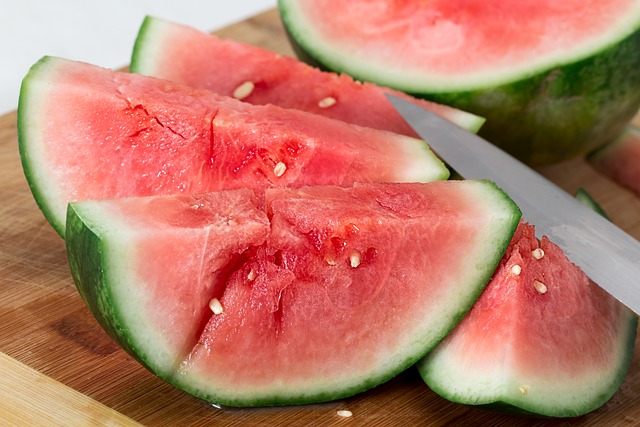Probiotics 101: A Beginner’s Guide to Improving Gut Flora
In recent years, there has been increasing awareness about the importance of gut health and the role of probiotics in maintaining a healthy gut flora. Probiotics, often referred to as “good bacteria,” are living microorganisms that can provide numerous health benefits when consumed in adequate amounts. In this beginner’s guide to improving gut flora, we will explore the basics of probiotics, their benefits, and how you can incorporate them into your daily routine.
What are Probiotics?
Probiotics are live bacteria and yeasts that are beneficial for your health, particularly for your digestive system. Our bodies are home to a vast array of microorganisms, both good and bad. When the balance of these microorganisms is disrupted, it can lead to various health issues, including digestive problems, weakened immune system, and even mental health disorders.
Benefits of Probiotics
The consumption of probiotics can provide several benefits, including:
- Improved Digestion: Probiotics help break down food and aid in the absorption of nutrients, promoting a healthy digestive system.
- Enhanced Immunity: They stimulate the production of natural antibodies and boost the immune system, reducing the risk of infections.
- Reduced Inflammation: Probiotics have anti-inflammatory properties that can help alleviate symptoms of inflammatory disorders like Irritable Bowel Syndrome (IBS) and Crohn’s disease.
- Regulated Bowel Movements: They can help regulate bowel movements by preventing or treating diarrhea and constipation.
- Improved Mental Health: There is emerging evidence that suggests a connection between the gut and the brain, and consuming probiotics may contribute to better mental well-being.
Types of Probiotics
Probiotics come in various strains, with each strain offering unique benefits. The most common types of probiotics include:
- Lactobacillus: This probiotic strain is commonly found in yogurt and other fermented foods. It helps with the digestion of lactose, making it beneficial for individuals who are lactose intolerant.
- Bifidobacterium: This strain is found in many dairy products and may help ease symptoms of irritable bowel syndrome (IBS) and other gut disorders.
- Saccharomyces boulardii: This yeast-based probiotic is effective in preventing and treating diarrhea associated with antibiotic use and infectious diseases.
How to Incorporate Probiotics into Your Diet
Probiotics can be obtained through both food sources and supplements. Some common food sources of probiotics include:
- Yogurt: Choose yogurts labeled as containing “live and active cultures.”
- Kefir: A fermented milk drink that contains a variety of probiotic strains.
- Sauerkraut: Fermented cabbage that provides a good source of beneficial bacteria.
- Kombucha: A fizzy, fermented tea that contains probiotics and is available in various flavors.
- Kimchi: A spicy Korean side dish made from fermented vegetables.
If you prefer a more convenient option, probiotic supplements are widely available in pharmacies and health stores. Consult with your healthcare provider to determine the most suitable probiotic strain and dosage for your needs.
Conclusion
In summary, incorporating probiotics into your daily routine can be a beneficial step towards improving your gut flora and overall health. Remember to choose a variety of probiotic-rich foods or consult with your healthcare provider about the best probiotic supplement for your needs. By nurturing your gut flora, you can support your digestive system, boost your immunity, and promote a healthy mind and body.







